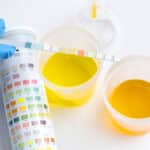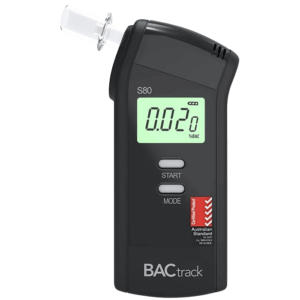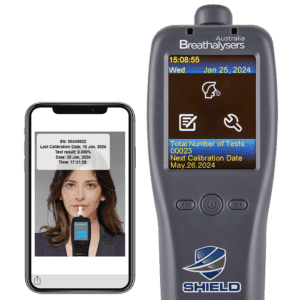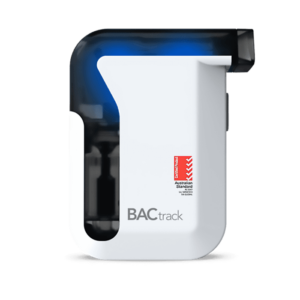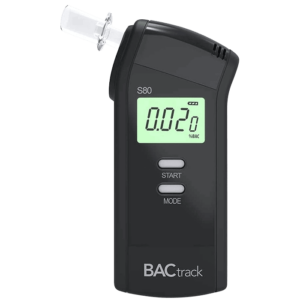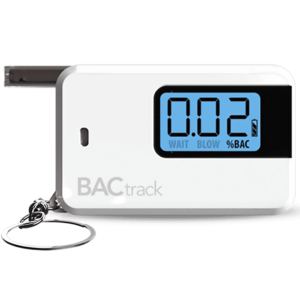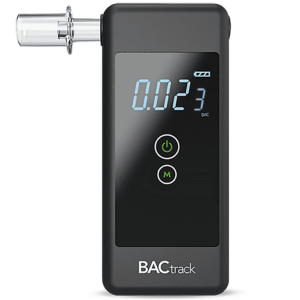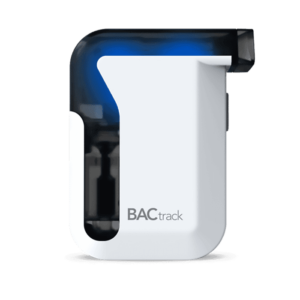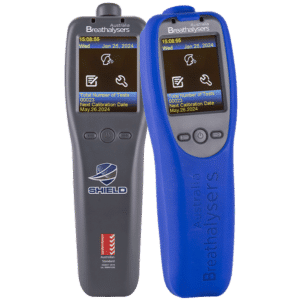Urine Drug Test Alcohol: What It Is, How It Works, & Methods of Testing
15 March, 2024
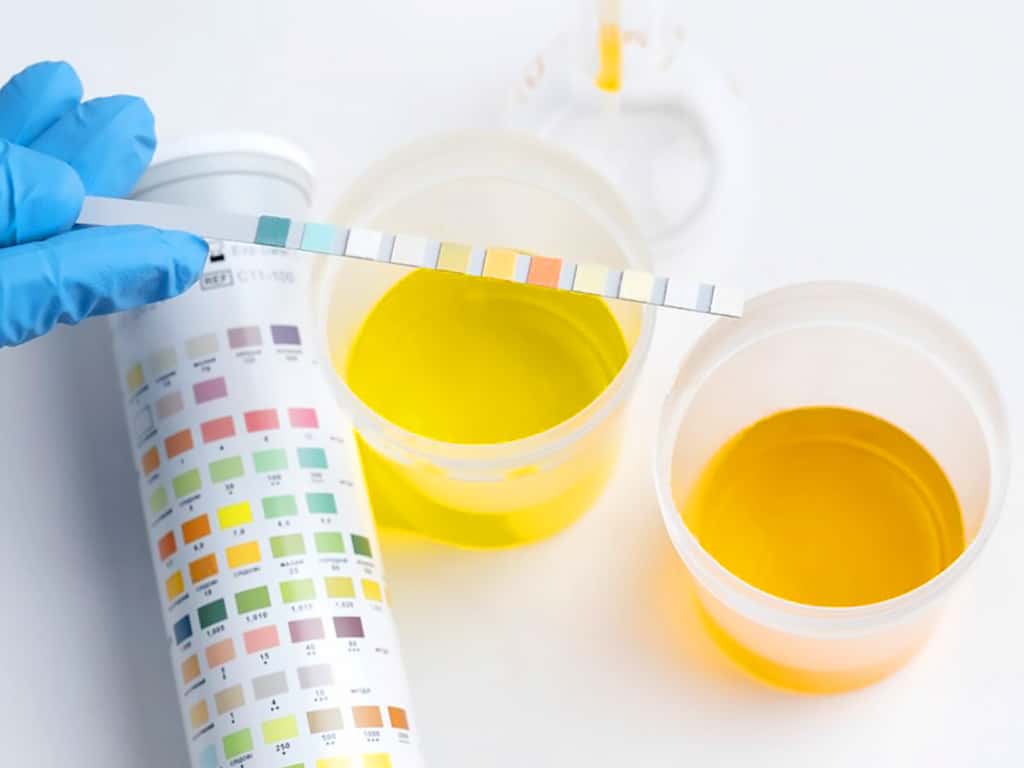
Alcohol dependence is a widespread issue that can cause various negative impacts on society. To combat this, many organisations conduct a urine drug test for alcohol misuse. It is a process of using urine samples to trace alcohol use within the past hours or days. There are multiple methods of urine testing for alcohol, including ethyl alcohol, Ethyl Glucuronide (EtG), and Ethyl Sulphate (EtS) tests. It uses immunoassay technology or other advanced methods to detect alcohol metabolites.
There are several testing methods that individuals and organisations use to trace alcohol use. One of these is urine testing. It is widely considered as the standard method of testing in workplaces. It has several advantages over other methods, making it the choice for many. One of these is its ease of use and availability. This article will present information on urine tests for alcohol, how they work, and the urine screening methods.
What is a Urine Drug Test for Alcohol?
A urine drug test for alcohol is a type of test that detects the presence of alcohol or its metabolites in the system. It is an effective method of identifying individuals with alcohol abuse problems. It is a crucial measure for ensuring safety and providing interventions. This can help people suffering from Alcohol Use Disorders (AUD) to get treatment for their condition.
Many organisations use urine testing to detect recent alcohol consumption. Using urine drug screening kits is a convenient and efficient method of testing. It shows a colour or line change on the testing device to show the results. Lab testing is another option for conducting a urine test. Here, they may use more advanced methods to accurately determine alcohol usage.
A urine test is typically used in situations where alcohol misuse can be a concern. In particular, many companies establish workplace policies for implementing alcohol testing to ensure workplace safety. It is crucial to reduce the safety risks present within safety-critical work sites. Moreover, testing can deter substance misuse, which can contribute to higher productivity.
Advantages Over the Other Testing Methods
- It is a non-invasive procedure of testing for alcohol compared to blood tests.
- The collection process is easy to conduct even without professional supervision.
- It enables the detection of alcohol intake for up to days after consumption.
- People can also use the sample of urine to check for the presence of drugs by adding drug test panels for analysis.
- Many kits have integrity checks to ensure the sample was not tampered with.
- Urine specimens can also be used for confirmation testing.
- It is a convenient method for monitoring if individuals under rehab programs are maintaining liquor abstinence.
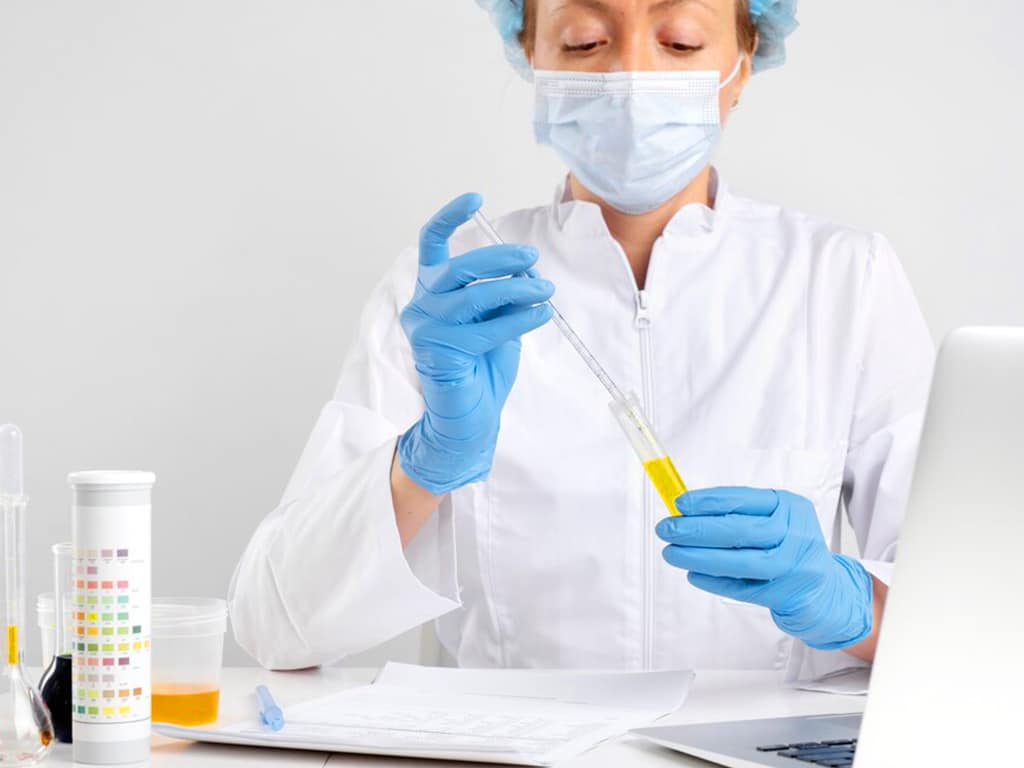
How a Urine Drug Test for Alcohol Works
A urine drug test for alcohol works by analysing the urine samples for alcohol metabolites. A person or an organisation can do this using testing kits or going to an accredited laboratory for screening. There, they may use several methods to detect the presence of alcohol.
The immunoassay method is one of the most commonly used ways of tracing alcohol in urine samples. It involves using antibodies to detect specific molecules corresponding to the metabolites of alcohol. If these molecules are present, then it signals a positive result. It is the primary method for the initial alcohol screening because it can detect alcohol within minutes.
There are also more advanced methods that many typically reserve for additional confirmation tests. One of these is Gas Chromatography-Mass Spectrometry (GC-MS). People refer to it as advanced because it can accurately quantify the amount of substances in the sample. It does this by using gas chromatography to separate the compounds in the sample and mass spectrometry to identify and measure them.
Detection Window
The detection window of urine tests can vary depending on the specific method used. Generally, a standard urine test can trace ethanol for up to 48 hours. Meanwhile, more specific methods can detect alcohol intake about 80 hours after consumption. This period of detection is longer compared to oral fluid and breath alcohol tests but shorter than hair and blood tests.
Moreover, several factors can affect the period of detection in urine samples. This includes individual characteristics such as age, gender, body fat percentage, body mass, and overall health. These can impact alcohol metabolism and change how quickly the body eliminates alcohol.
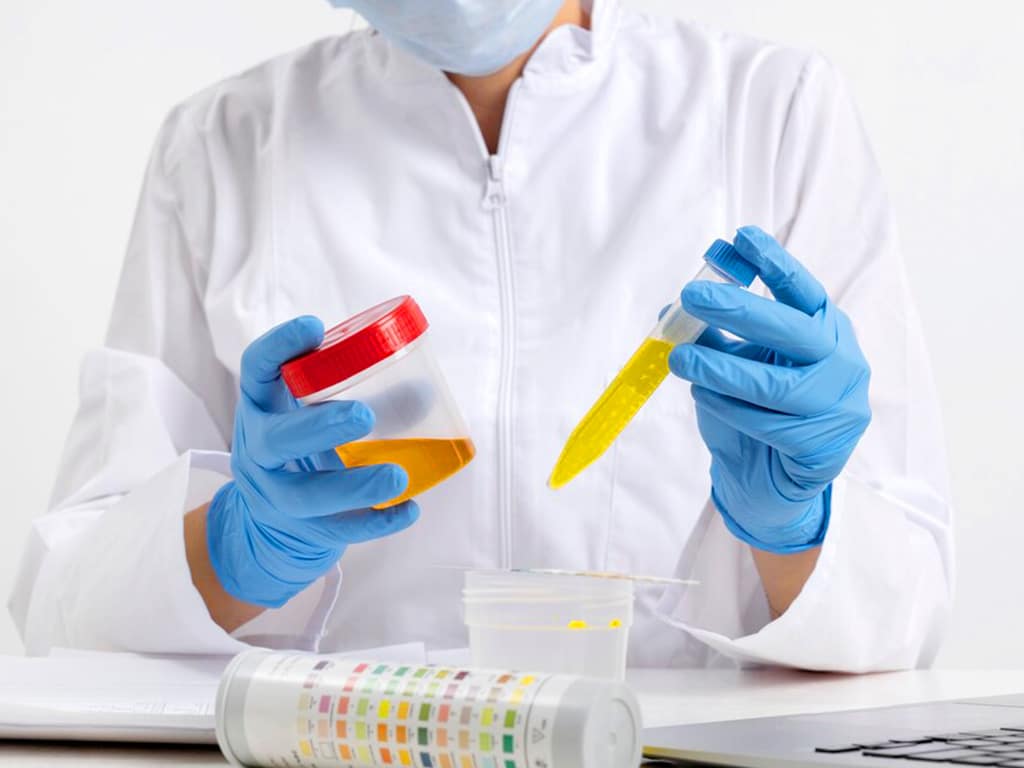
Methods of Urine Drug Test for Alcohol
There are several methods of conducting a urine drug test for alcohol. Firstly, the ethyl alcohol test traces for ethanol metabolites in the samples. This has the shortest detection window. Nevertheless, it is still the most commonly used method.
Another type is the EtS test, which traces this specific biomarker of alcohol consumption. EtG is another biomarker that the liver produces after it processes the alcohol. There is also a urine test that traces the EtG metabolite. Both EtG and EtS tests have a detection window of 80 hours. Additionally, an EtG test is applicable to hair tests.
The procedure for alcohol urine tests typically entails collecting urine samples and analysing them. People can do this by using a kit and placing the specimens into the testing device. On the other hand, they may also send it to an accredited laboratory for testing. A kit can produce results within minutes. Meanwhile, it may take 24-48 hours before the laboratory report comes out. Each method has different advantages that people should consider.
Factors that Can Affect the Results
Several factors can affect the results of urine alcohol tests. When using kits, it is crucial to consider the sensitivity and accuracy of the selected testing kit. Some kits may have a higher rate of false positives or false negatives, so it is essential to choose a reliable brand.
Moreover, individuals must minimise the risk of contamination by following the instructions of the kit or the healthcare professional. Before going to a testing facility, ensure they have accreditation and employ an experienced team of collectors. They must also follow the chain of custody procedures to avoid tampering and adulteration.
Conclusion
A urine drug test for alcohol is an effective method of tracing alcohol consumption. It detects alcohol metabolites, such as EtG and EtS, in urine for days. Moreover, it can also identify misuse of prescription drugs and illegal drugs using the same samples. It is a common method that organisations use to ensure safety in various settings. People can use testing kits or go to testing laboratories to undergo this test.
Analysing urine samples typically uses the immunoassay method. However, laboratories can also use GC-MS, which is the gold standard for confirmation testing. Both methods produce accurate results that can help organisations make informed decisions. However, it is important to consider how detection windows can affect the outcome. For tracing recent use, people mostly use the ethyl alcohol method. Meanwhile, those who prefer longer windows can choose an EtS or EtG test.

















